Alopecia
Alopecia is a partial or complete loss of hair on the skin where it should normally grow. There are various forms of alopecia, for example, androgenetic alopecia, telogen effluvium, focal alopecia, etc. At the K+31 clinic, our specialists perform a full range of procedures for diagnosing and treating the disease.

specialists

equipment

treatment
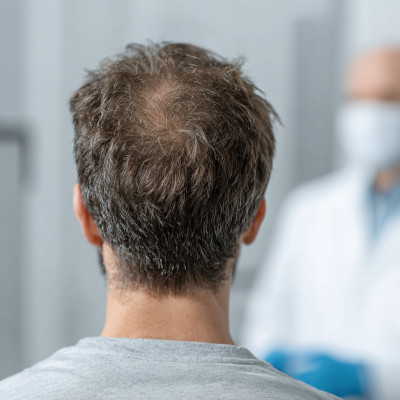
What types of alopecia are there?
- Androgenetic alopecia, which is not a consequence of excess male sex hormones, as many believe, but is predominantly a hereditary disease
- Telogen effluvium, which can develop against the background of thyroid disease, stress, after a number of diseases, such as flu, COVID-19, etc., taking medications
- Focal alopecia, the causes of which are still being discussed in the medical community –
- Scarring alopecia, which are autoimmune in nature, leading to irreversible hair loss, for example, frontal fibrosing alopecia, discoid lupus erythematosus, decalvans folliculitis, etc.
Diagnosis
To diagnose hair loss problems, our doctors use modern informative methods, the key one of which is trichoscopy. Trichoscopy allows in 80-90% of cases without biopsy to distinguish between cicatricial and non-cicatricial alopecia, and also to identify androgenetic alopecia in the early stages. The study is performed in the office of a doctor - trichologist, dermatologist. The object of study is the hairy part of the head. The procedure is non-invasive, painless, performed on a special device, does not require the use of any contact means.
Treatment of alopecia
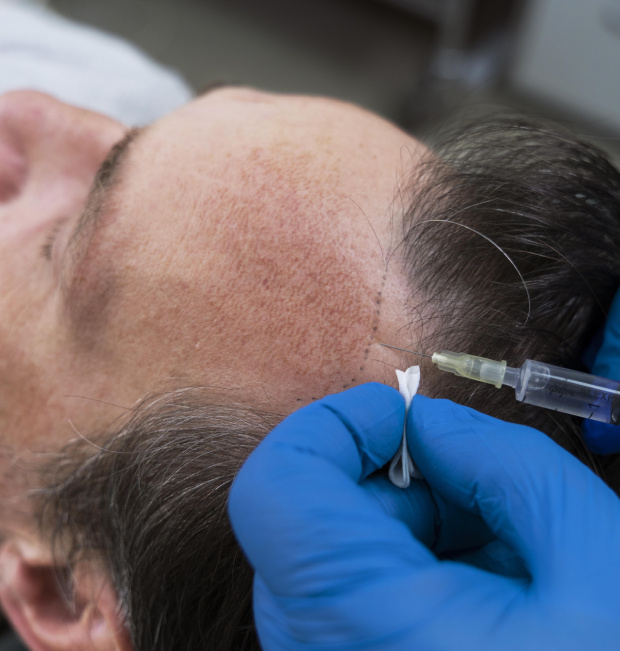
The main condition for successful management of hair loss is the correct determination of the diagnosis, identification of triggers, and prescription of therapy with a proven effect.
When starting treatment, the patient must understand that it may take from several months to several years to achieve the desired results.
Treatment includes:
- External stimulants (serums, lotions, foams) - with and without minoxidil
- External glucocorticosteroids, intralesional injections of GCS
- Take vitamins and microelements when pathological conditions are detected
- Photodynamic therapy on the Heleo Pro device
- Stimulating therapy on Fotona lasers using erbium and neodymium lasers, LaseMD thulium laser in combination with exosomes
- Antiandrogen drugs
- Introduction of platelet-rich blood plasma
- Introduction of polynucleotide preparations, for example, Plinest Fast
If necessary, during the treatment, a dermatologist or trichologist work together with gynecologists, endocrinologists, urologists, therapists, nutritionists.
Our doctors

This award is given to clinics with the highest ratings according to user ratings, a large number of requests from this site, and in the absence of critical violations.

This award is given to clinics with the highest ratings according to user ratings. It means that the place is known, loved, and definitely worth visiting.

The ProDoctors portal collected 500 thousand reviews, compiled a rating of doctors based on them and awarded the best. We are proud that our doctors are among those awarded.
Make an appointment at a convenient time on the nearest date
Price

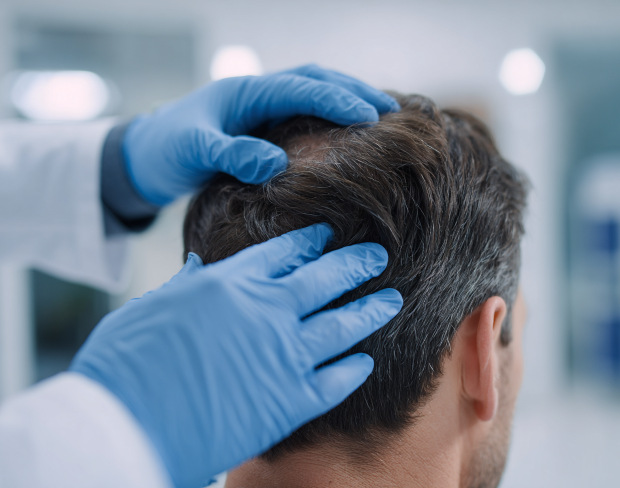


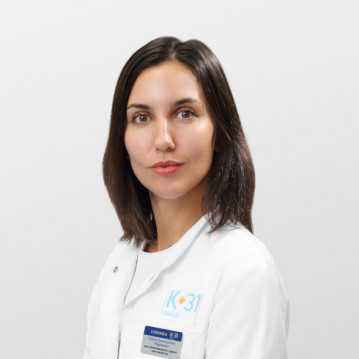
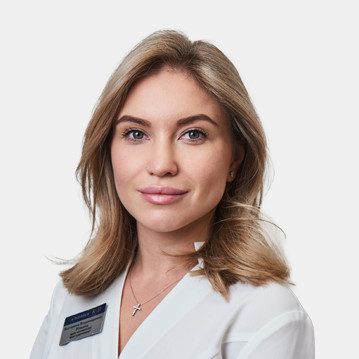
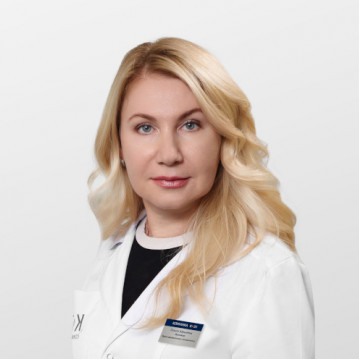
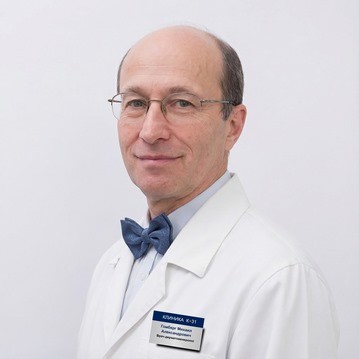
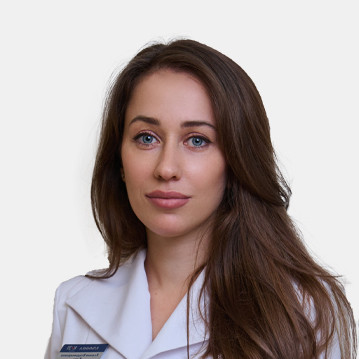

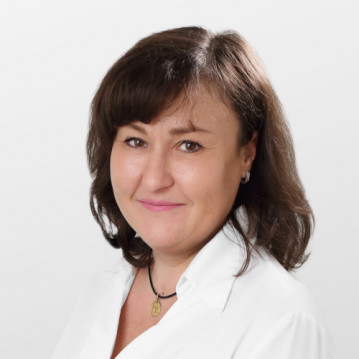
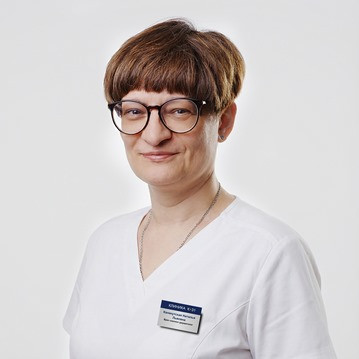
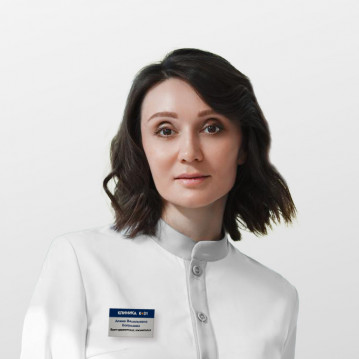
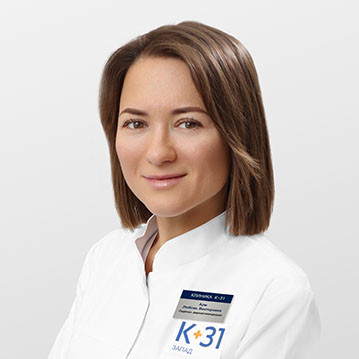

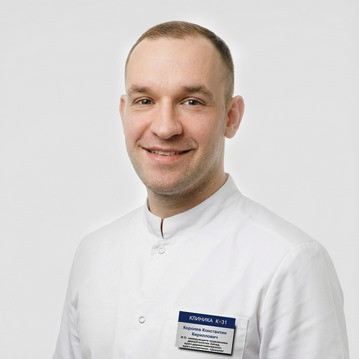
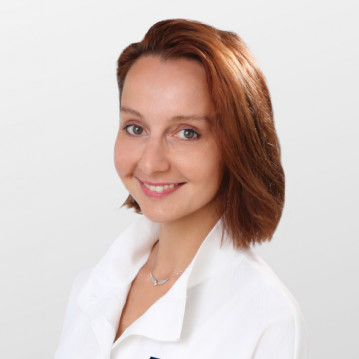
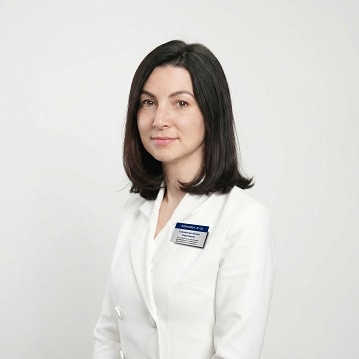

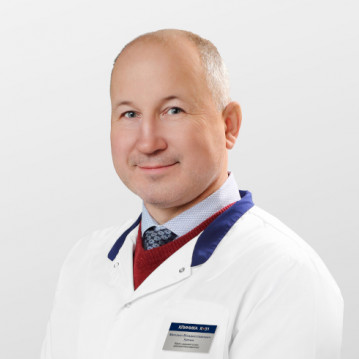
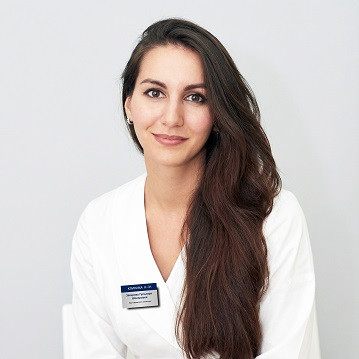





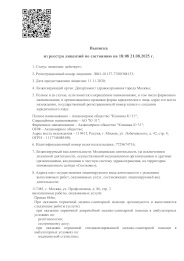
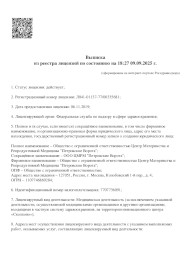
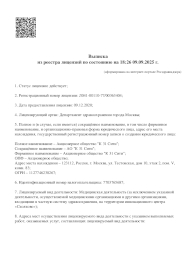

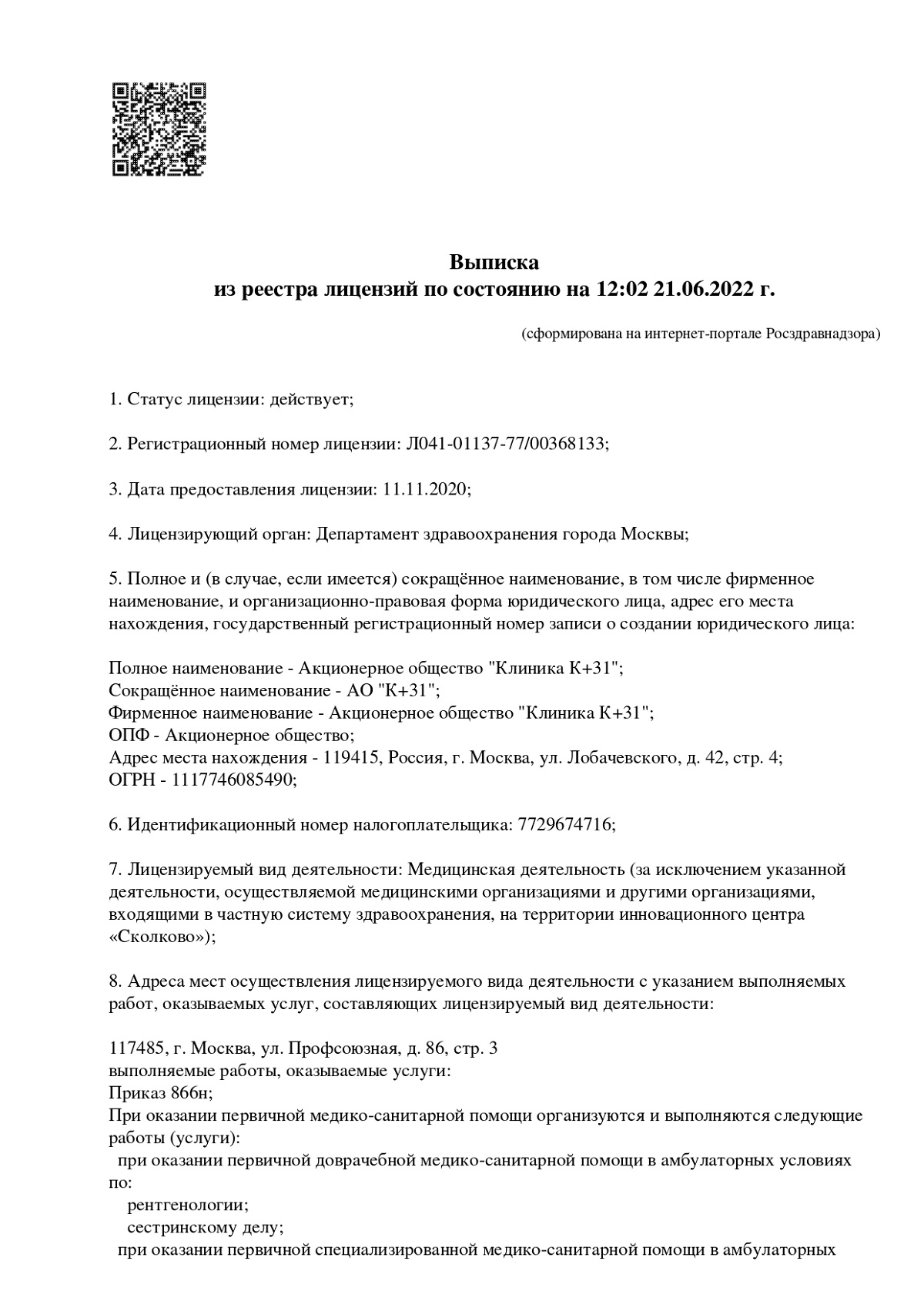
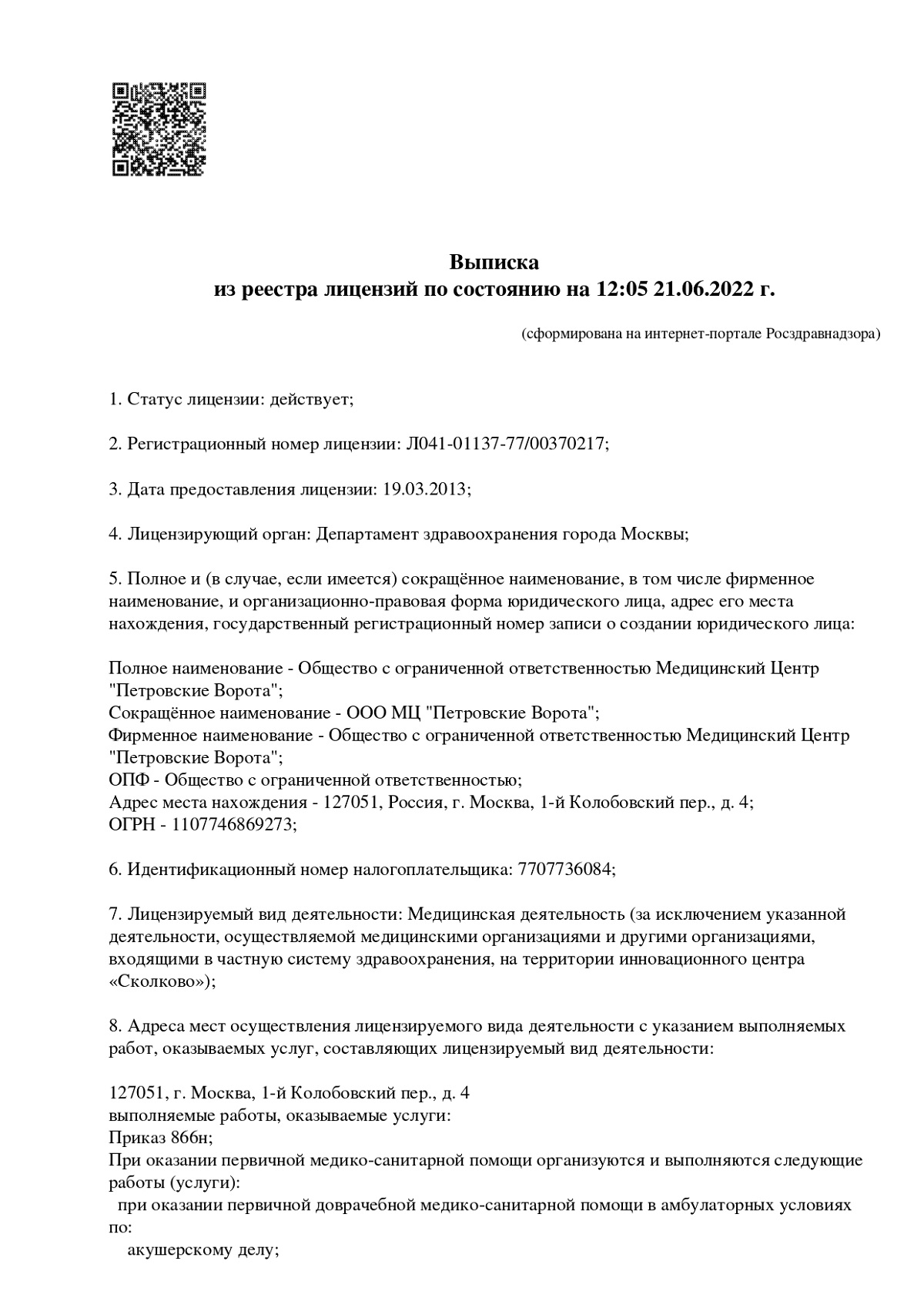
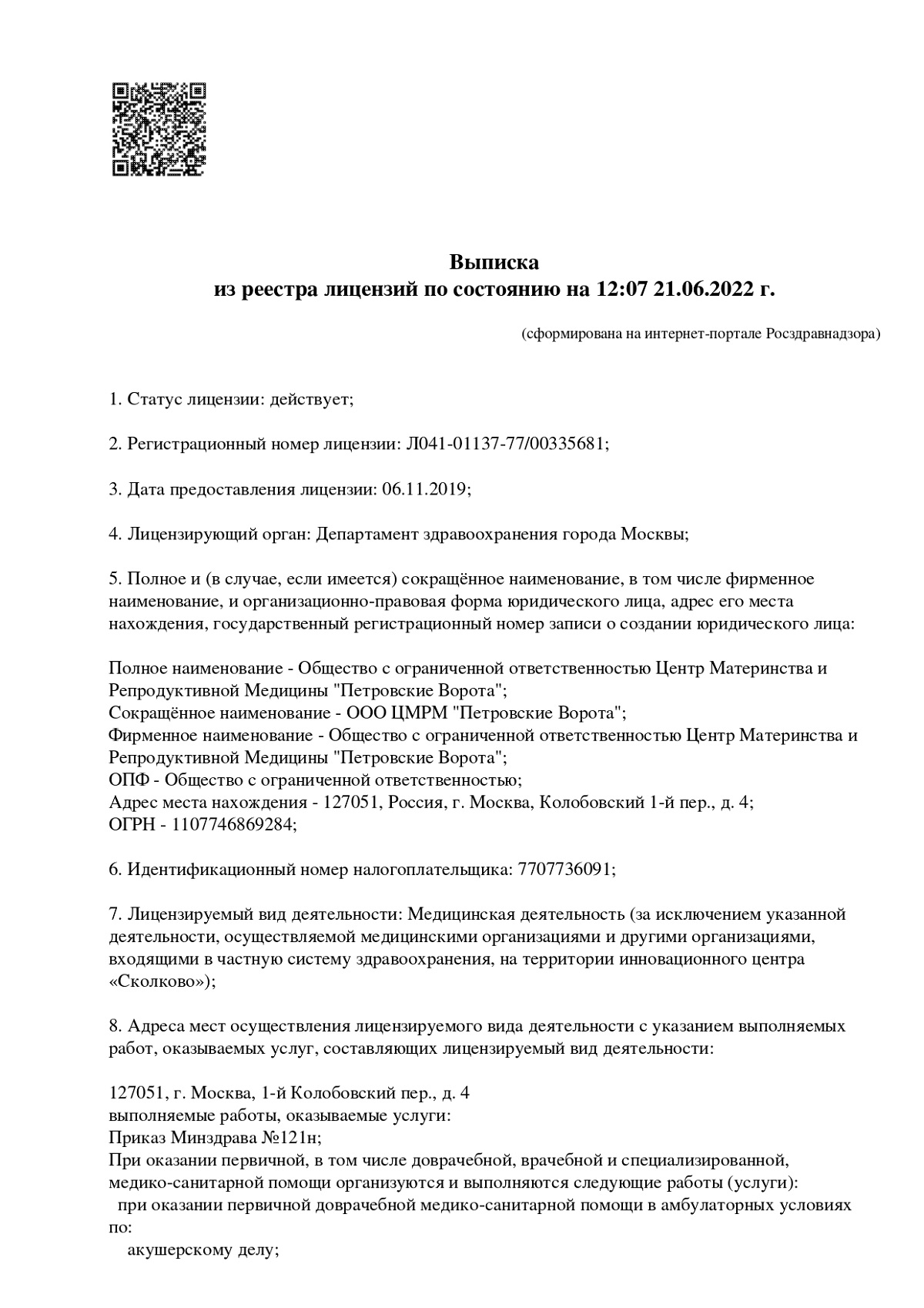



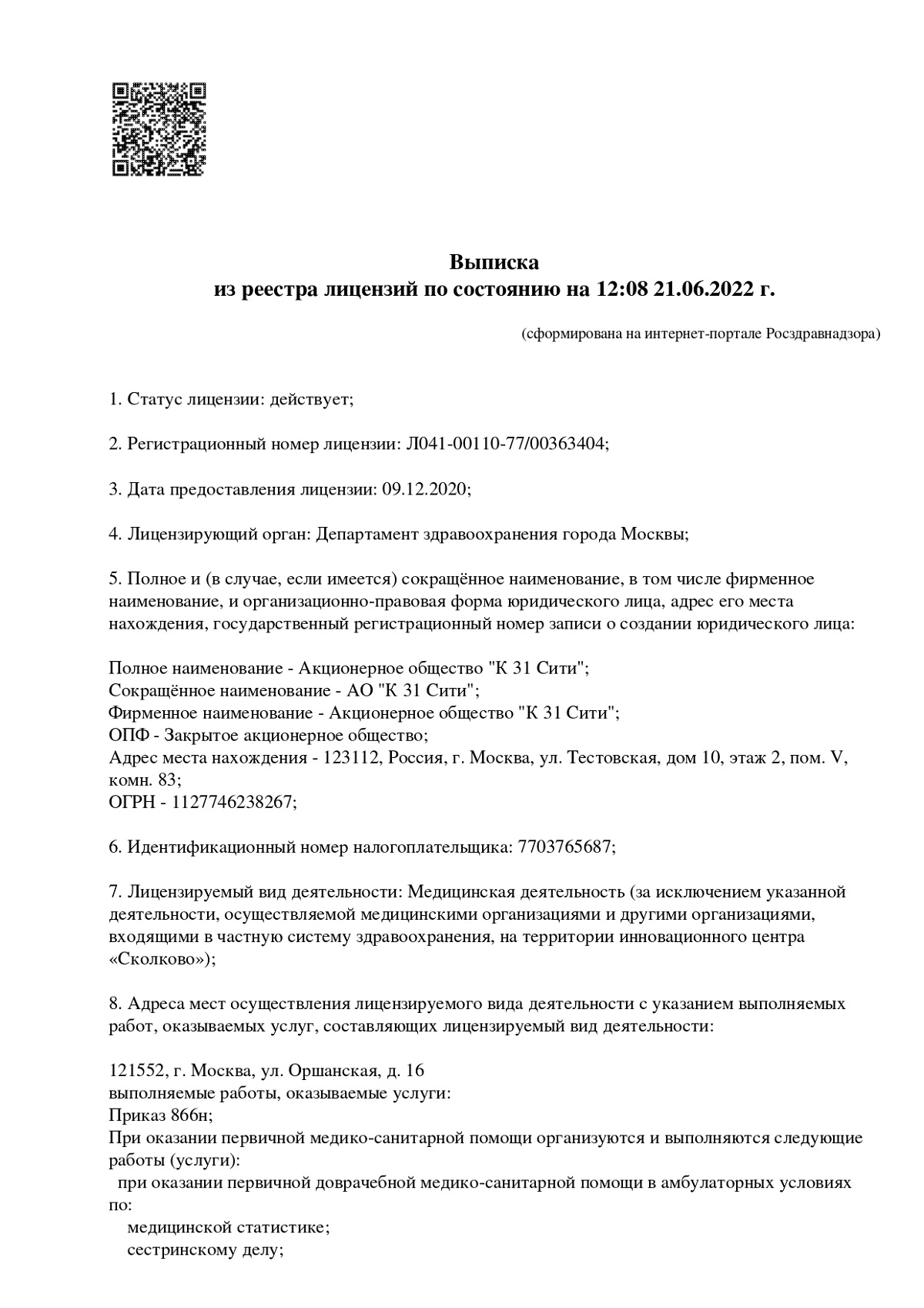
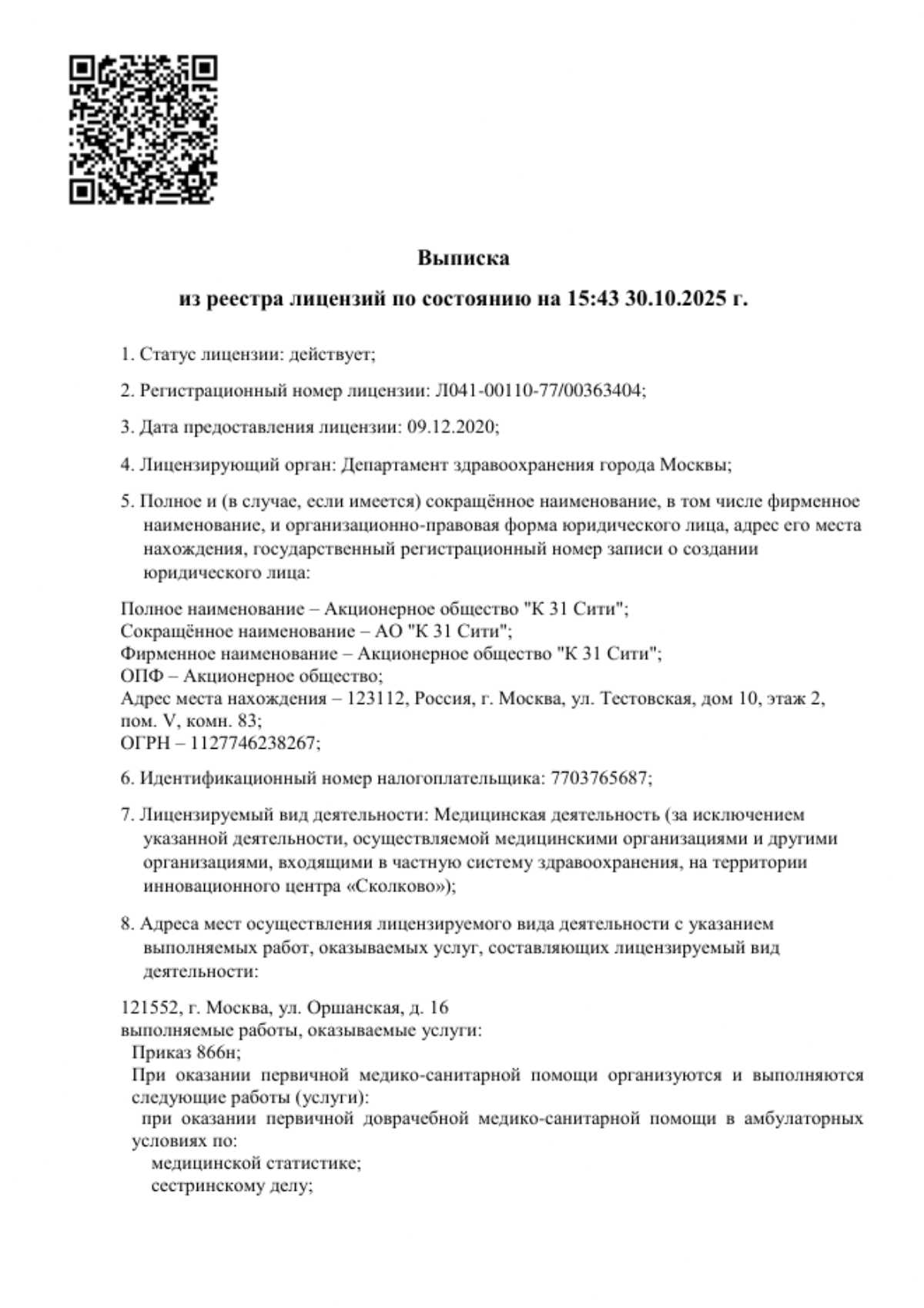







What is alopecia?
Various forms of hair loss are referred to as alopecia. They can lead to partial or complete hair loss, to cicatricial or non-cicatricial lesions, they can be temporary, for example, telogen effluvium, or they can be permanent, for example, androgenetic alopecia. In clinical practice, this term refers to a symptom, not a specific disease. To establish a final diagnosis, an in-person consultation with a dermatologist, trichologist with trichoscopy is required.